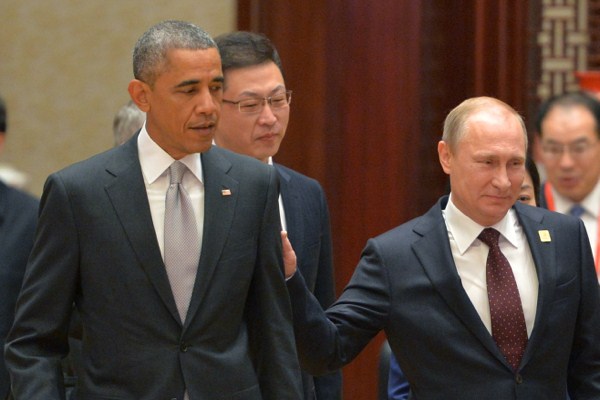It is traditional to pen one’s last column of the calendar year as a retrospective of key events that have occurred over the last 12 months, along with predictions for the coming year. I would like to alter tradition to expand the scope of my inquiry—to compare expectations as they stood two years ago, on the eve of U.S. President Barack Obama’s second inauguration, and to contrast that with the situation we face today. U.S. foreign policy has undergone several tectonic shifts, in a seemingly haphazard and unplanned fashion. Yet the fallout will shape the global strategic environment and constrain what the next president will be able to accomplish.
Obama was re-elected in November 2012 on a platform of continuing to disengage the United States from military involvement in the Middle East and taking a pragmatic approach to great powers like Russia and China, in contrast to the reputed Cold War nostalgia of his Republican opponent, former Massachusetts Gov. Mitt Romney. The Obama campaign specifically rejected, and even mocked, Romney’s characterization of Russia as the leading geopolitical competitor to the U.S. It was further intimated that a Romney administration would revisit the worst mistakes of President George W. Bush.
Outgoing Secretary of State Hillary Clinton did make some statements, most notably on a U.S. commitment to resist Russian President Vladimir Putin’s plans to establish a Eurasian Union, that seemed at odds with the general tenor of Obama’s approach, yet these could be rationalized away—as were her subsequent criticisms of Obama’s policy on Syria—as posturing and positioning for a likely 2016 presidential run.

